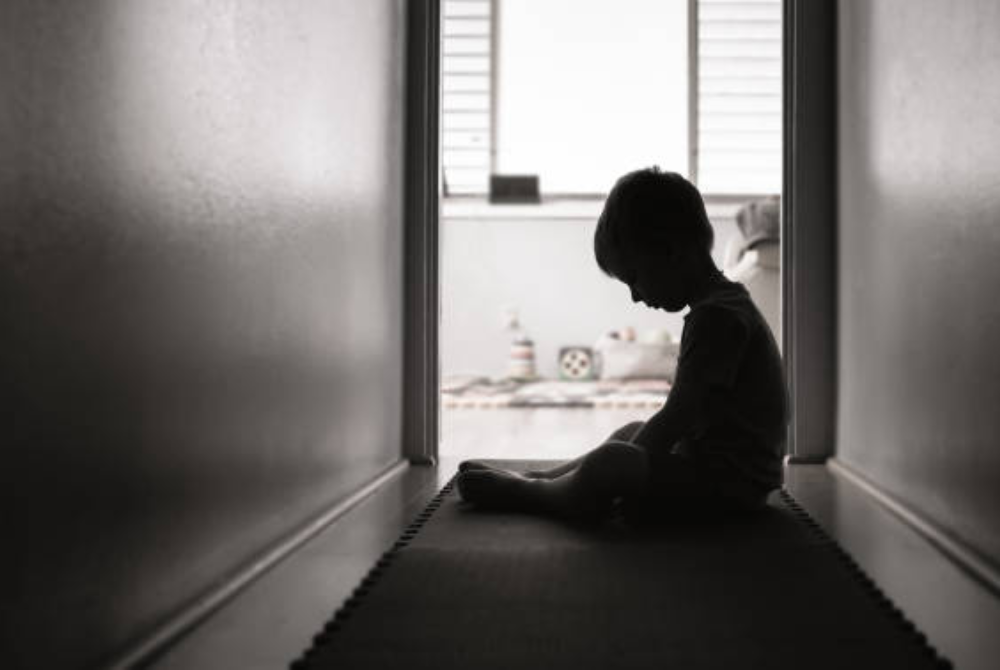Lack of parenting skills, mental health issues fuel child abuse - Expert
An activist has revealed that many cases of abuse and neglect stem from a lack of parenting skills and knowledge.

SHAH ALAM - Child abuse is a complex issue with deep-rooted causes. To effectively address this problem, experts are calling for a multifaceted approach that includes stricter regulations, enhanced parenting education, and increased community involvement.
Speaking to Sinar Daily, Yayasan Chow Kit founder Dr Hartini Zainuddin said that child abuse and neglect are deeply rooted in multiple societal and personal challenges.
Hartini revealed that many cases of abuse and neglect stem from a lack of parenting skills and knowledge.
"One of the main reasons is lack of parenting skills and knowledge.
"Many cases of abuse and neglect stem from caregivers' lack of experience or knowledge about proper child-rearing practices.
"Some parents may not understand child development stages or appropriate disciplinary methods, leading to unintentional harm," she said.
She further highlighted that stress and mental health issues are major contributing factors, adding that parents or caregivers experiencing depression, anxiety, or other mental health challenges are more likely to engage in abusive or neglectful behaviour.
"Caretakers experiencing high levels of stress, depression, or other mental health problems are more likely to engage in abusive or neglectful behaviours.
"Added financial difficulties, relationship problems, or work stress, and the risk of harm to children increases significantly," Hartini said.
Hartini also raised concerns about the inadequate vetting and oversight of childcare centres, which she believes has worsened the problem.
"Many unregistered childcare facilities are sprouting due to high demand, but without proper background checks, we are placing children at risk.
"Parents, desperate for affordable childcare, often fail to investigate the backgrounds of these nurseries," she added.
In discussing solutions, Hartini suggested enhanced parenting education as a key to reducing child abuse.
"We need comprehensive parenting programmes that teach caregivers about child development, positive discipline, and stress management.
"It's about equipping them with the right tools," she said.
She also stressed the need for improved access to mental health services, substance abuse treatment, and targeted interventions to break the cycle of abuse.
"Increasing access to mental health services and support groups for parents and caregivers can help address underlying issues that contribute to abusive behaviors.
"Also, providing accessible and affordable substance abuse treatment programme can help parents overcome addiction and create safer environments for their children," she said.
Commenting further, lawyer Alex Anton Netto believes that stricter enforcement and community involvement are crucial.
"Stricter and regular enforcement is required.
"Many of these unregulated childcare homes are mushrooming with little or no supervision, but the responsibility shouldn't fall solely on the authorities.
"People living around these centres should also step up and play a more active role," he said.
Alex added that the laws are sufficient, but the problem lies in enforcement.
"Government agencies, together with the community, need to monitor and report these facilities actively. We cannot live in our respective silos," he said.












